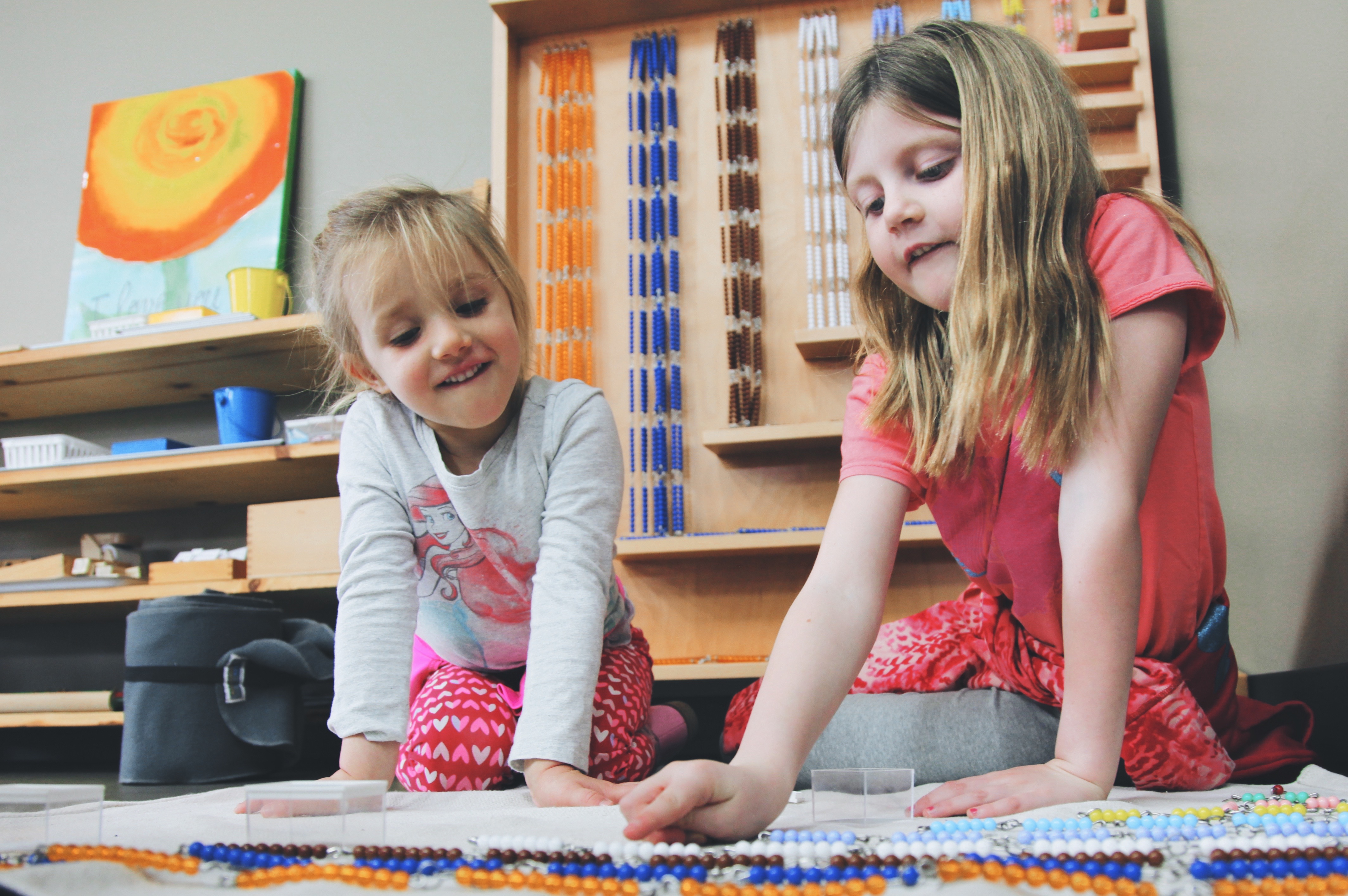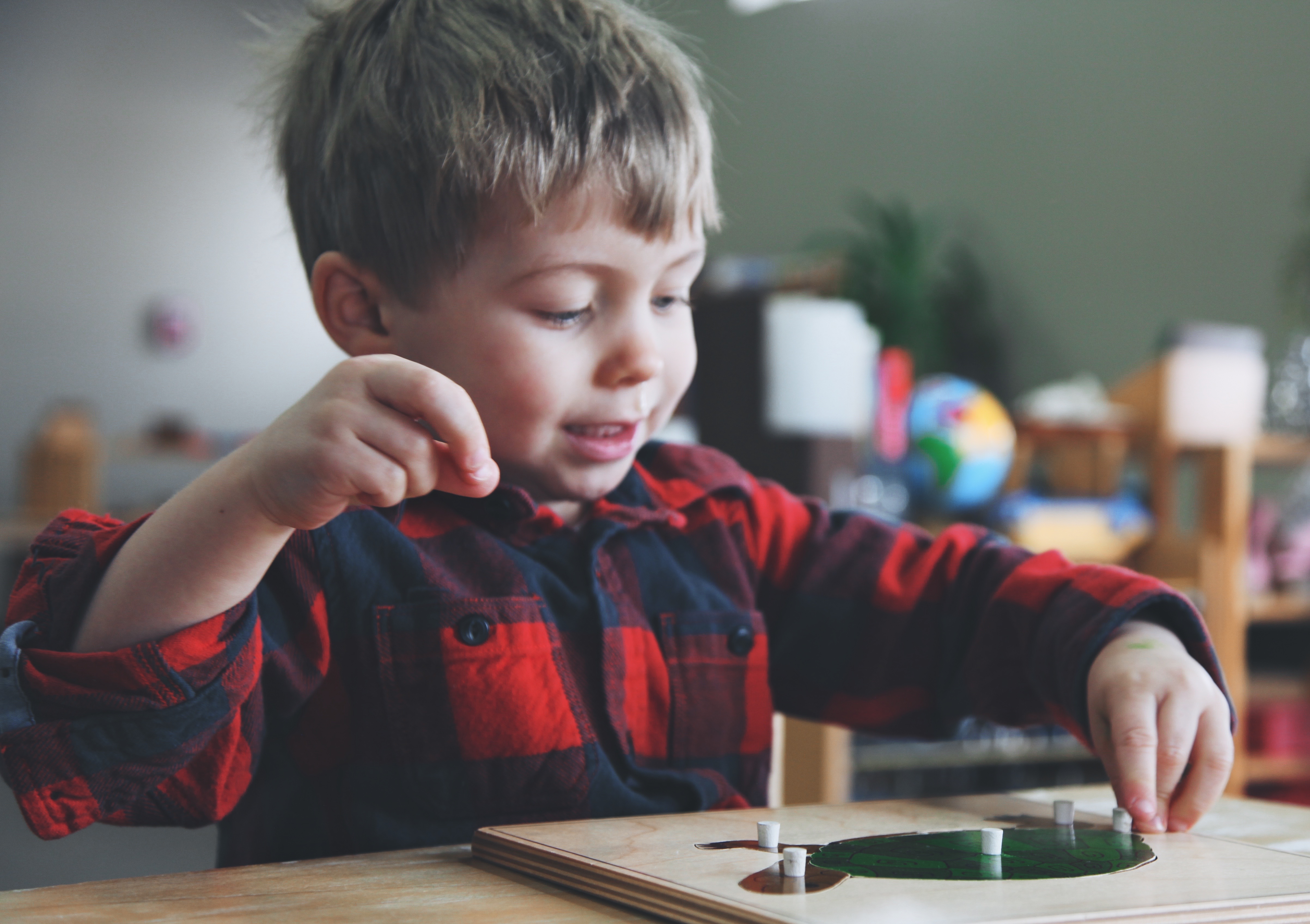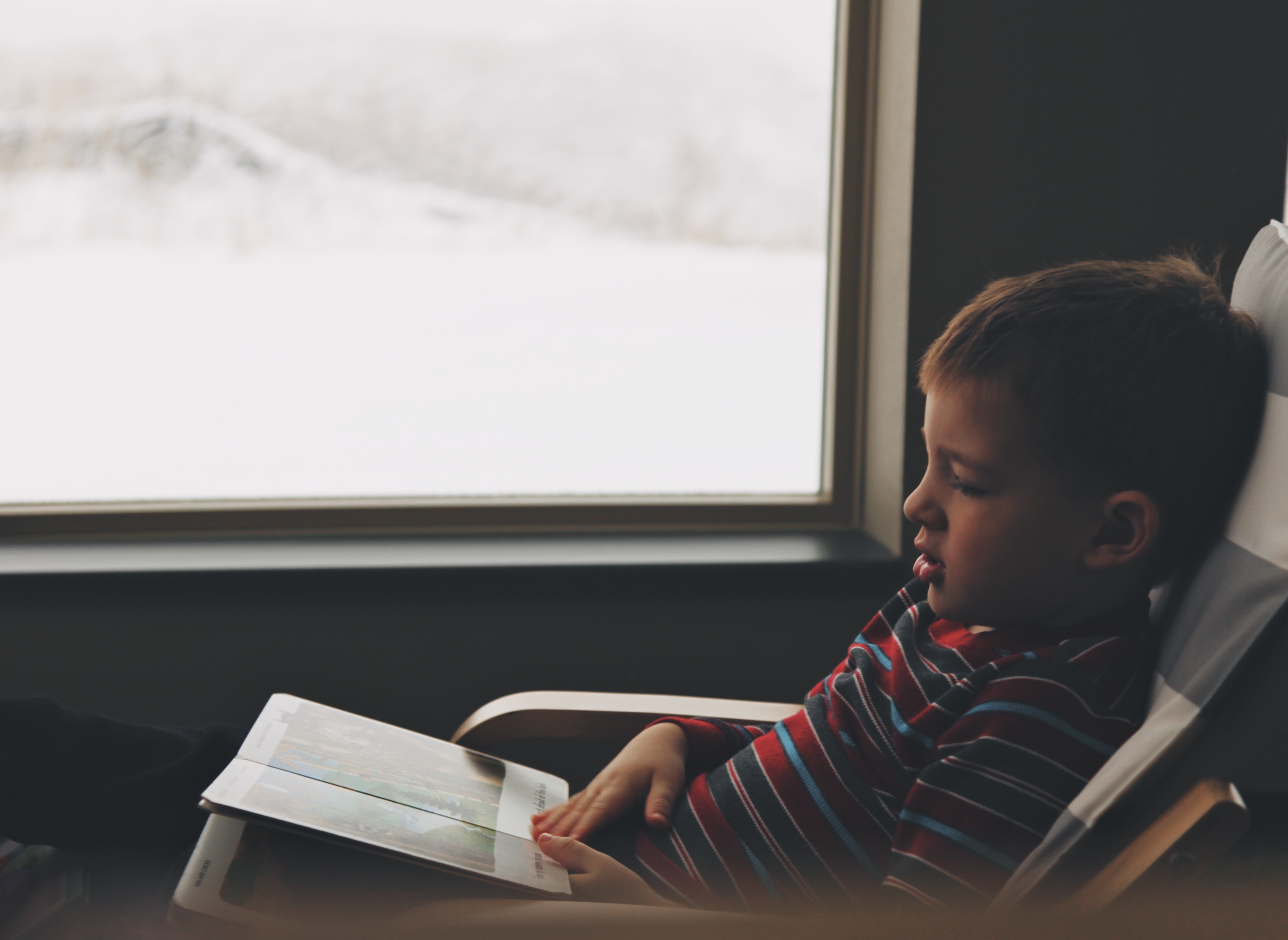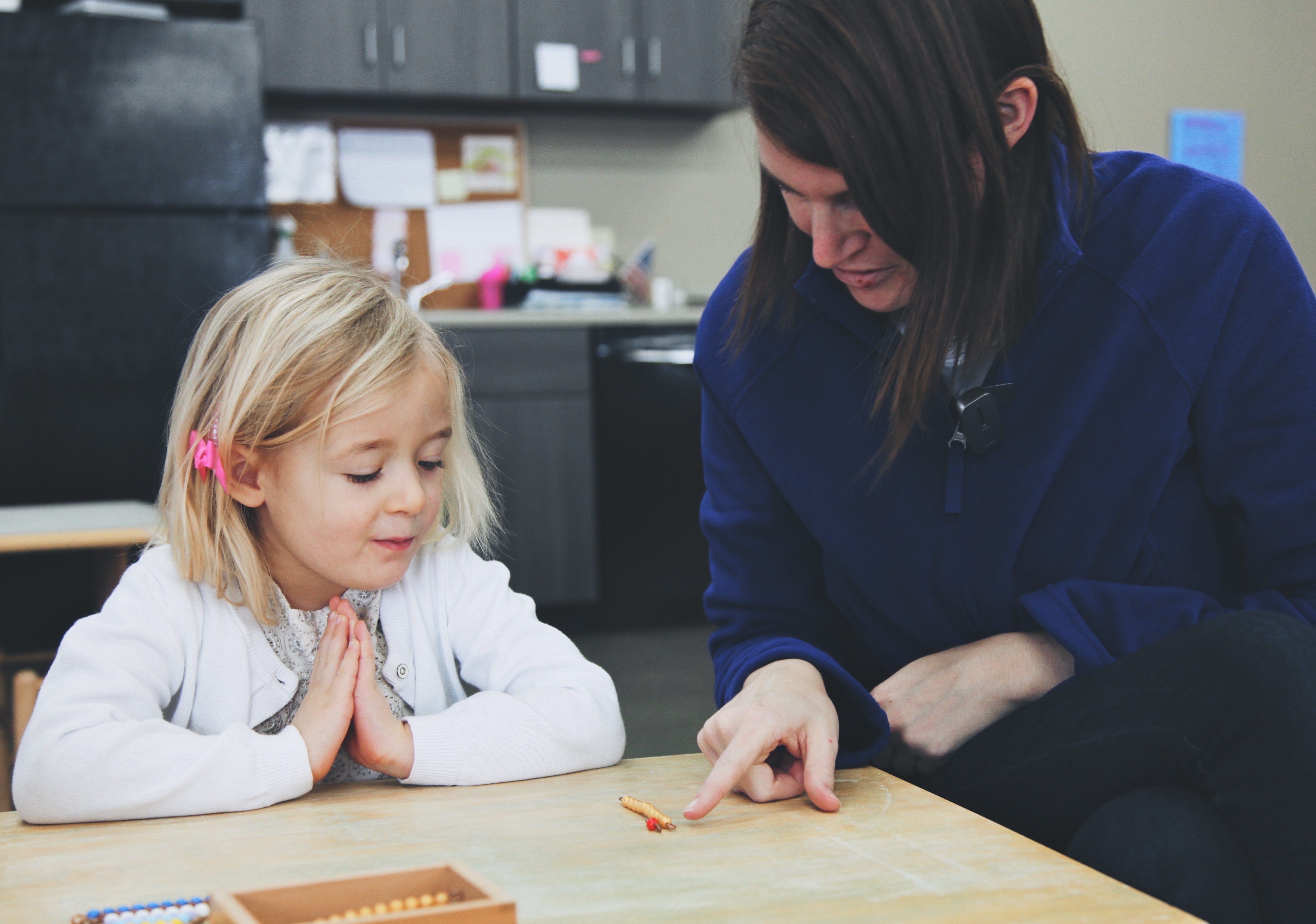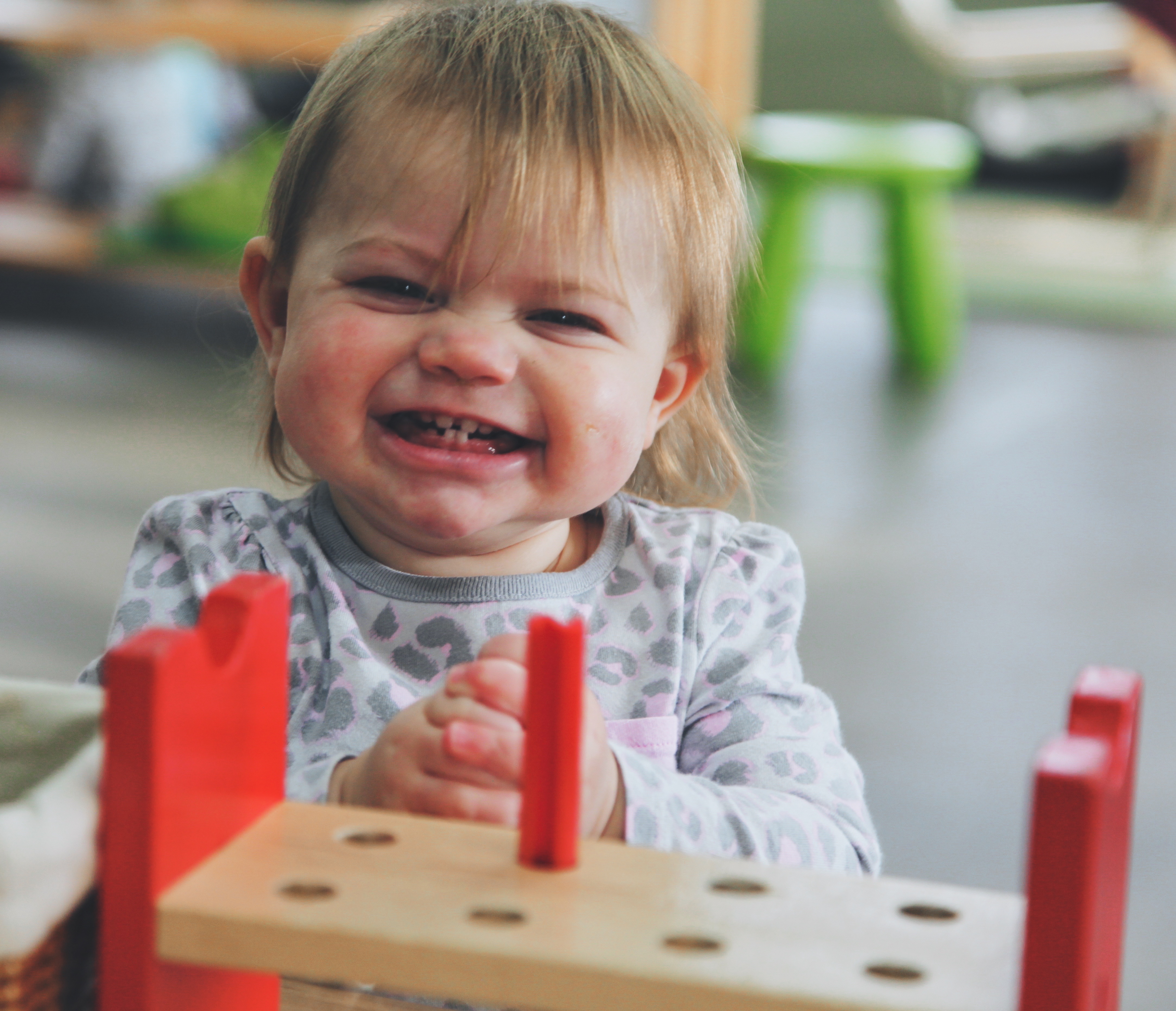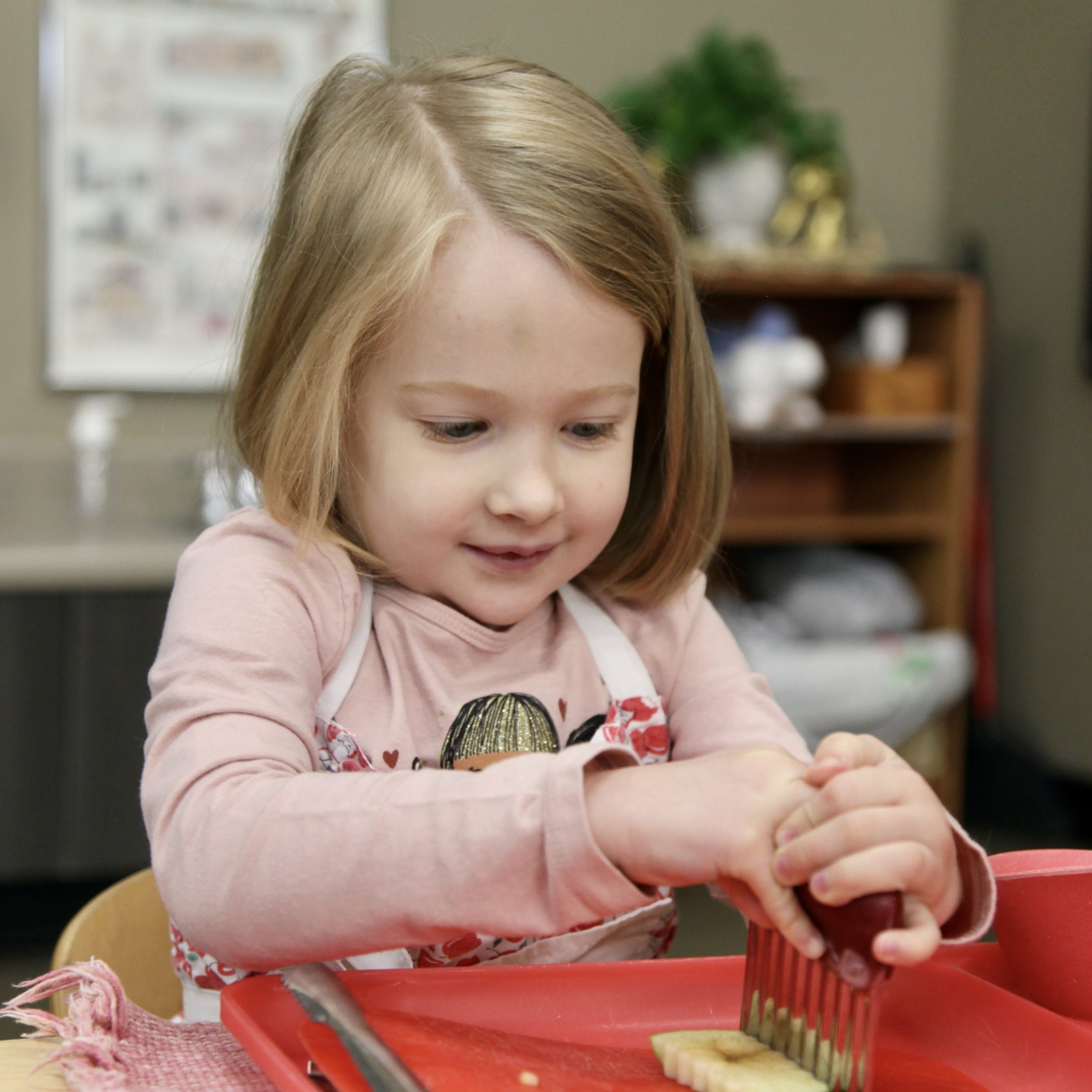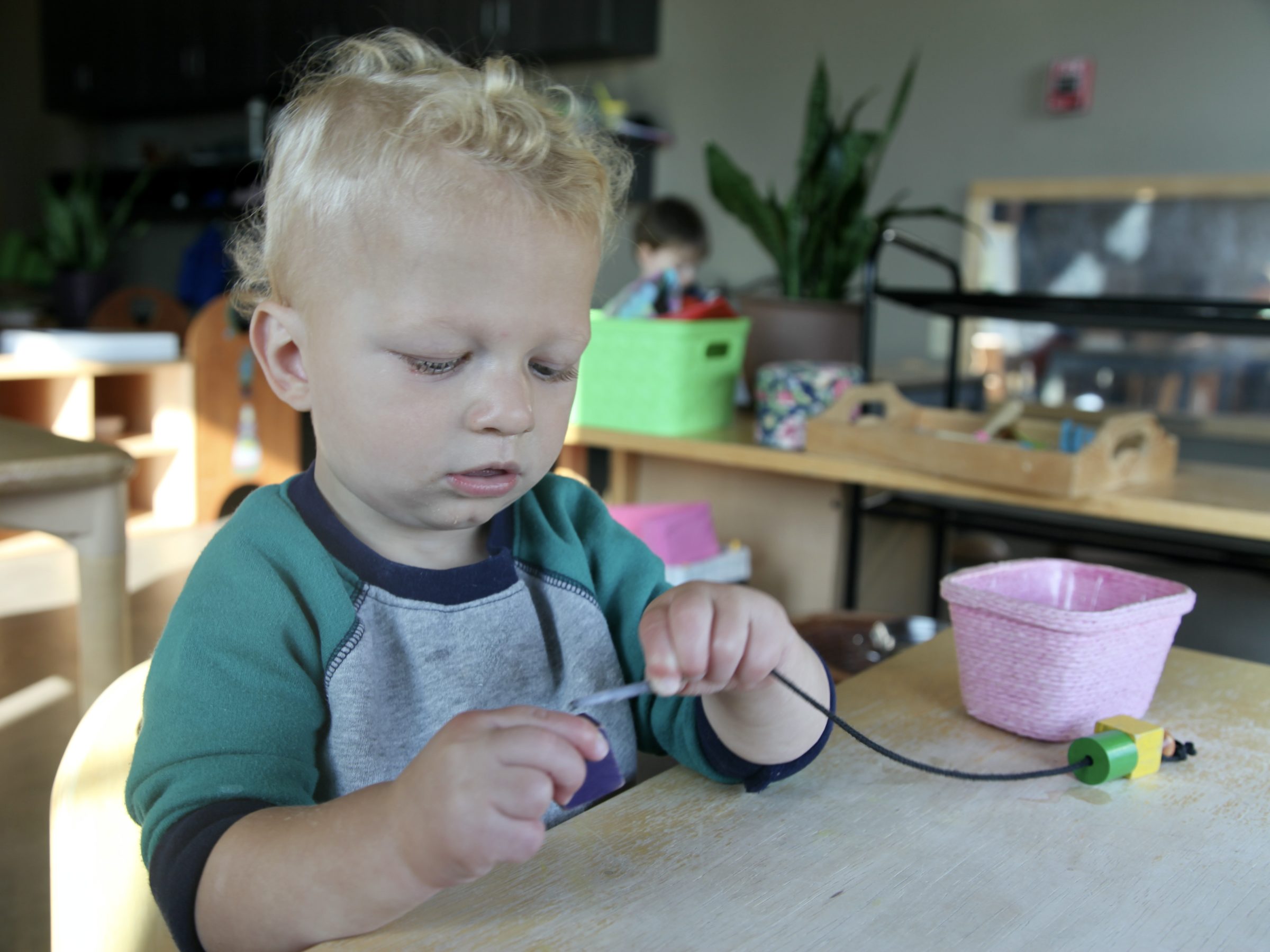Who is Montessori For?
Thoughts & Reflections
Is Montessori good for my child? How do you keep this classroom so clean? What? They all WALK? All the time? How do you keep the children from just pulling everything off the shelves?
Every question a parent asks is important and valid. We like to provide families with a personal tour of our school as a first introduction to Baan Dek, perhaps as their first introduction to Montessori. We made the decision to do these tours one-on-one, rather than in a group setting, since every family, like every child, is different, with unique needs, questions, passions.
We want families to speak up when they have a question, or when something doesn’t match their perception of childhood or early education, not to be concerned about asking too many questions, or not have an opportunity to speak up, or to be afraid of how their question might be perceived.
We’ve heard it all before. Though we’ve heard most questions before, they are always sincere, always important, and we answer them as such. We’ve had hundreds of conversations, and though every child in our care is dear to us, this is your baby. Once in a blue moon someone asks us a question that we’ve never been asked before, but, ultimately, every family asks the same questions that are really, underneath it all, asking,
Yes, but how will my child do here?
Will my child have friends? Will my child be loved and appreciated by adults and by children for all their foibles and flaws, joys and brilliances? Will my child thrive here? Will my child be met with appropriate challenges, a safety net soft and strong as silk, and the opportunity to try and try and try again? Will my child be judged? Will this place that fills most of their waking hours be a home for them? Will my child be physically, emotionally, psychologically safe? Will my child thrive here? Will the traits I’ve seen in her since she was a wee babe be tended to, stoked, and those other-side-of-the-coin qualities, those I’ve seen her struggle with for just as long, will they be attended to as well, with care, with compassion?
Montessori is good for every child.
Montessori is good for introverts. Children who prefer to dip their toe in the pool rather than jumping off the diving board. We have spaces in the classroom where a child can observe and evaluate, and we know they are learning as much by watching as by doing. No one will demand that a child speak up, raise their hand more often, be more outgoing. Quiet, intimate friendships emerge. There is space for stillness.
Montessori is good for extroverts. Children who sing from rising to setting, children who always have a story. This is a place where quiet comes from respect of friends’ work, from self-motivated concentration, not from an adult telling you to “shhhh.”
Montessori is good for curious children. Children are free to choose a material which has been presented to them, work with it as long as they’d like, and return it to the shelf. Whether a child works with one material for hours on end, experimenting and exploring, taking their time, or if a child completes every work they’ve ever been shown in the course of the morning, an adult will not correct their behavior. An adult might suggest a new way to use a material, or might encourage a child to step outside of his familiar comfort zone, but a child will not be asked to put something away, “Because I said so.”
Montessori is good for siblings. Older siblings do not usually begin as the oldest in their class, and have the opportunity to have a model to emulate, older children whom they look up to, a gift they typically bestow in their family. Younger siblings, at some point, have the opportunity to grow skills they might have, in another situation, allocated to their older sibling — leadership, care of others, helping younger students.
Montessori is good for only children. There are skills children learn from being in close relationship with other children. Skills like cooperative play, learning from peers, conversations with other children, sharing. Children learn you can be mad at a friend and still love them, and that mad doesn’t last forever. Empathy is different when it is between peers, and the Montessori classroom is a wonderful place to practice this.
Yes, these are archetypes, stereotypes, not a whole picture of any child, and these qualities are far from mutually exclusive. Each day, we see every one of these qualities in the children in our care, and it reminds us constantly: Montessori is for every child.
What Montessori is not for, is every family. At Baan Dek, we ask that families come to both the tour of our school, and an observation while school is in session, without their child, so they are free to speak openly without little, observant, listening ears.
Montessori cultivates in children qualities which might be surprising for parents, especially as it seems their child is already growing up quickly enough. Your two-year-old is still your baby, yet she is feeding herself, sitting calmly at a table, learning to use a toilet by herself. Five is so little, in the scope of your life, but our five-year-olds are leaders, so capable, helping younger friends, learning independently, leading groups of their younger classmates.
“We love them and help them until they no longer need us.”
We help children to grow. We love them and help them until they no longer need us. Our goal is independence — with learning, with basic needs, in so many aspects of their lives.
We help children to zip their own zipper. Children independently use the bathroom, only rarely requiring assistance. Children do not need to ask permission to use a material or to have snack if it is available. Children learn to solve problems, to help others, to mediate small squabbles, all on their own.
We as adults are guides, not teachers. We are the hand held out as a child walks the balance beam, offering an encouraging word or smile, a model and an example, but the child is the one walking.
This is not to say your child will not need you. Your child will always need you (more on that here) But when we say, Montessori is not necessarily for every family, this is what we mean. We know children flourish in Montessori classrooms, as they have for the past hundred years. But is your family ready for this? For your 15 month old helping to clean up a spill? For your five-year-old to gently correct you, a baby porcupine is a porcupette. For your three-year-old to struggle with her zipper, and beam when she gets it? This is asking a lot. What a gift to your child.
Written by:
Charlotte Snyder
